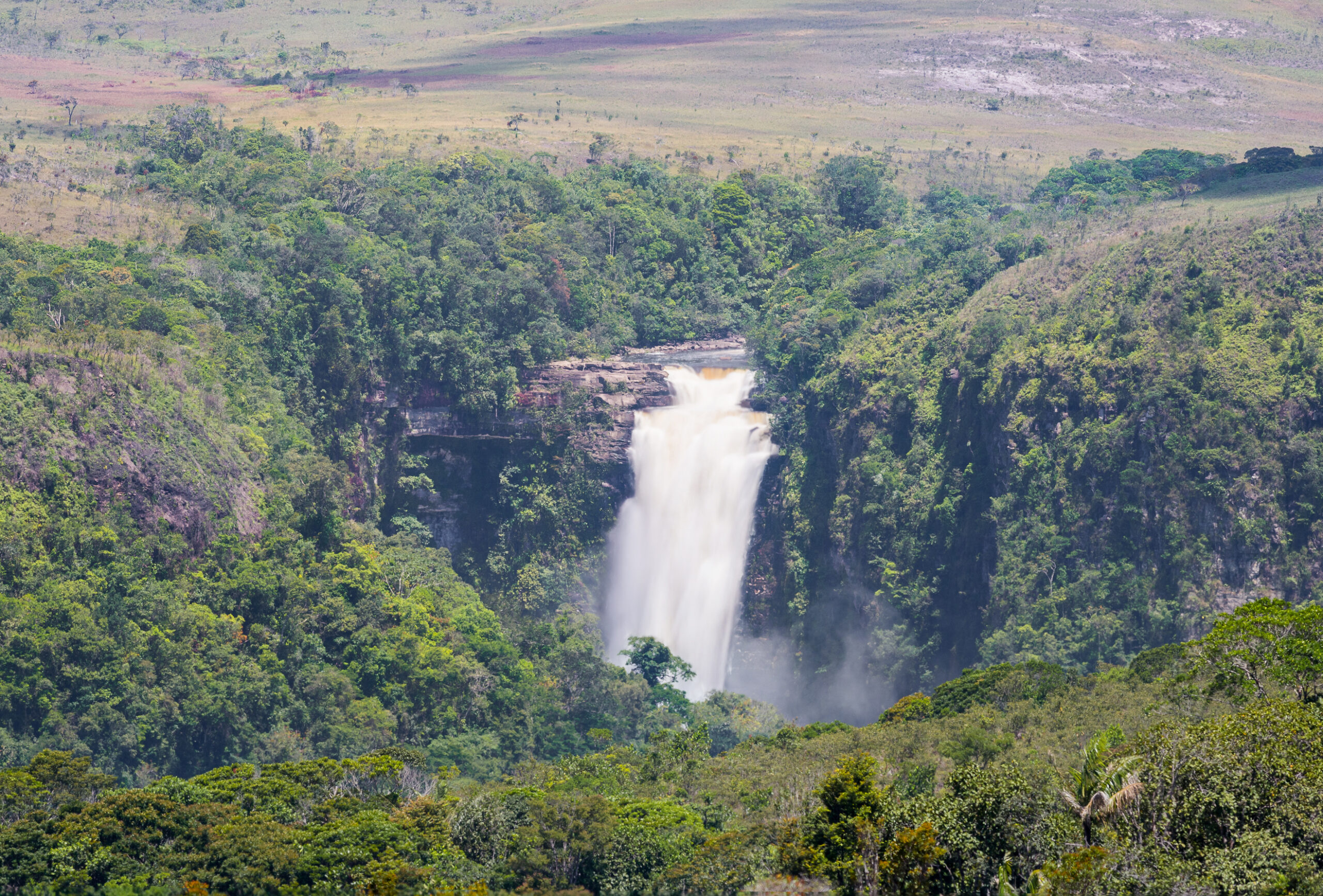Tensions are escalating along the border between Venezuela and Guyana as Venezuela ramps up its military presence and infrastructure. Amidst claims to annex the oil-rich Essequibo region, Venezuelan President Nicolas Maduro’s administration continues to assert dominance despite international concerns and potential ramifications. This build-up, detailed in a recent report by the Washington-based Center for Strategic and International Studies (CSIS), signals a difficult journey towards what could become a volatile regional conflict.
Military Escalation and Territorial Claims
Military Build-Up at Anacoco Island
The CSIS report highlights significant military developments at Venezuela’s Anacoco Island base, where recent expansions include a new bridge over the Cuyuni River and enhancements to the island’s airfield. Satellite images reveal the presence of field tents capable of housing hundreds of military personnel, underscoring Venezuela’s preparedness for sustained military activity. This strategic positioning places Venezuelan forces alarmingly close to the disputed Essequibo region, intensifying the threat to Guyanese sovereignty.
Strategic Naval Deployments
Along the Venezuelan coast, the situation grows increasingly dire with the stationing of Peykaap III fast missile boats at the Punta Barima coast guard station. Positioned merely 40 miles from the Guyanese border, these vessels significantly boost Venezuela’s offensive capabilities, posing an immediate threat to the region’s stability. This development is particularly alarming given the proximity to the contentious Essequibo area, highlighting the strategic military maneuvers Venezuela is willing to undertake.
Diplomatic Tensions and International Concerns
Escalating Rhetoric and International Response
The ongoing conflict has drawn the attention of neighboring countries and international powers. Recent overflights by US Navy jets over Guyana’s capital signal a clear message of support for Guyana and a warning against further Venezuelan aggression. Despite this, Maduro’s government persists with provocative rhetoric, claiming the Essequibo region and intensifying nationalistic fervor without offering a diplomatic resolution, thereby risking a full-scale conflict.
As Venezuela continues to fortify its military presence along the Guyana border, the risks of an unintended escalation leading to conflict grow. Maduro’s continuous nationalist rhetoric and the army posturing, as detailed by CSIS, not only strain relations with Guyana but also place his regime in a precarious position internationally. Without a clear strategy for de-escalation, Venezuela may find itself increasingly isolated, jeopardizing regional stability and its political future. This ongoing situation requires careful monitoring and robust international diplomatic engagement to prevent a crisis that could have far-reaching consequences.





















